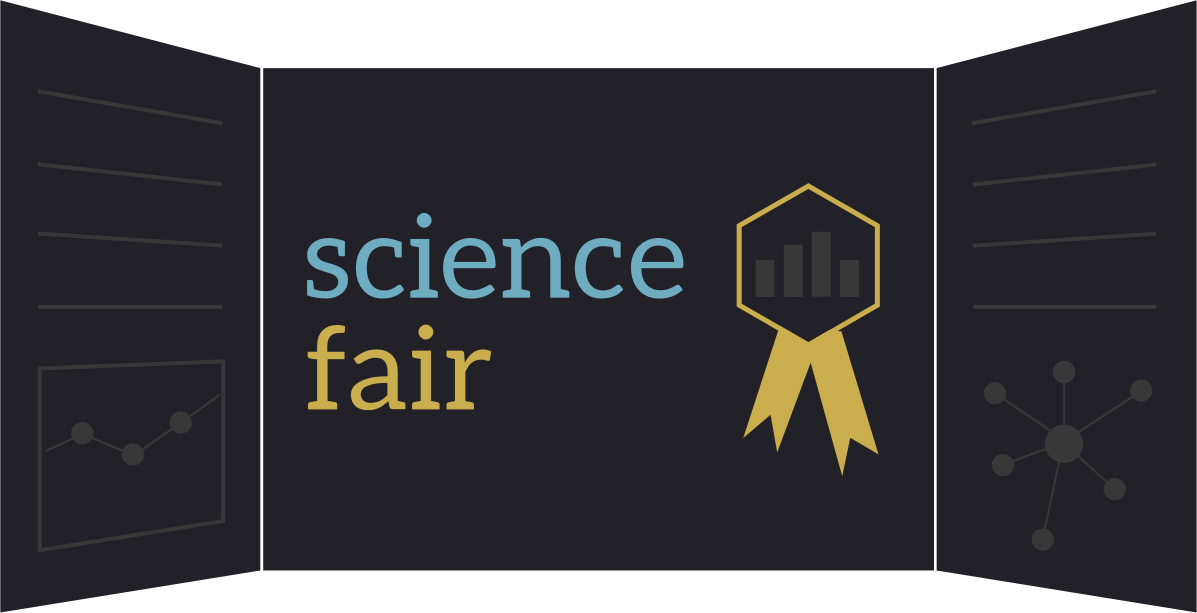https://github.com/codeforscience/sciencefair
The futuristic, fabulous and free desktop app for working with scientific literature :microscope: :book:
https://github.com/codeforscience/sciencefair
dat desktop-app electron open-access p2p reader science search
Last synced: 10 months ago
JSON representation
The futuristic, fabulous and free desktop app for working with scientific literature :microscope: :book:
- Host: GitHub
- URL: https://github.com/codeforscience/sciencefair
- Owner: sciencefair-land
- License: mit
- Created: 2016-02-25T08:52:06.000Z (about 10 years ago)
- Default Branch: master
- Last Pushed: 2020-07-07T00:29:29.000Z (over 5 years ago)
- Last Synced: 2025-04-22T10:12:11.569Z (10 months ago)
- Topics: dat, desktop-app, electron, open-access, p2p, reader, science, search
- Language: JavaScript
- Homepage: https://sciencefair-app.com
- Size: 51.8 MB
- Stars: 607
- Watchers: 54
- Forks: 52
- Open Issues: 47
-
Metadata Files:
- Readme: README.md
- Contributing: CONTRIBUTING.md
- Funding: .github/FUNDING.yml
- License: LICENSE
- Code of conduct: CODE_OF_CONDUCT.md
Awesome Lists containing this project
- awesome-dat - sciencefair - The open source p2p desktop science library that puts users in control 🔬 📖 http://sciencefair-app.com (Dat Applications / Community Applications)
README

The open source p2p desktop science library that puts users in control.
> **We've released [:balloon: v1.0 :balloon:](https://github.com/codeforscience/sciencefair/releases/latest)! But we're just getting started. Check out the [roadmap](#roadmap) to see where we're headed.**
---
## Why ScienceFair?
How we access, read and reuse scientific literature is largely controlled
by a few vast publishing organisations. Many wonderful innovations are being
explored outside those organisations, but they are rarely
integrated into the platforms where people actually access science.
**We have a vision of a different, better, future for science.** A future that's more **fair, inclusive and open.**
A future where **people can explore and innovate** and where **users control and customise their experience**.
**ScienceFair aims to help pave the road to that future.** The main thing that sets it apart? **Freedom from centralised control.**
---
We're creating a desktop experience for discovering, tracking, collecting and reading scientific articles that:
- is completely free from external control (e.g. by publishers or platforms)
- helps decentralise the distribution and storage of the scholarly literature
- allows the user to customise their experience
- promotes and integrates open data and metadata
- helps grow an ecosystem of open source tools around scientific literature
## contents
- [downloads](#downloads)
- [technical details](#technical-details)
- [screenshots](#screenshots)
- [home screen](#home-screen)
- [search results](#search-results)
- [selection & stats](#selection--stats)
- [reader](#reader)
- [development](#development)
- [roadmap](#roadmap)
## downloads
You can download installers or bundled apps for Windows, Mac and Linux from the [releases page](https://github.com/codeforscience/sciencefair/releases).
If you find a bug, please [report it in the issue tracker](https://github.com/codeforscience/sciencefair/issues).
## technical details
Some of the things that ScienceFair does differently:
### A reading experience optimised for Science
We use the beautiful [Lens reader](https://github.com/elifesciences/lens) to render JATS XML to a reading experience optimised for scientific papers.

### Instant multi-source search
Instant search of your local collection **and** remote datasources, only downloading the data requested.

### Secure, flexible, distributed datasources
A ScienceFair datasource can be a journal, a curated community collection, a personal reading list... anything you like.
v1.0 comes with the eLife journal by default, and more will follow very soon.
Datasources are append-only feeds of JATS XML articles, signed with public-key encryption and distributed peer-to-peer (using [dat](https://datproject.org/)). This means:
- downloads come from the nearest, fastest sources
- it doesn't matter if the original source goes offline
- only the original creator can add new content
- anyone can create a datasource (tools to make this easy [coming soon](#roadmap))
- your local collection of articles is ready for data mining
And importantly, **datasources you create are private** unless you decide to share them, and **nobody can ever take a datasource offline**.
### Built-in bibliometrics and analytics
Basic bibliometrics are built-in in `v1.0`.
Full analysis and data-mining tools, alt-metrics and enriched annotation will be [coming soon](#roadmap).

ScienceFair also follows a few simple design principles that we feel are missing from the ecosystem:
- we keep the interface minimal and clear
- incremental discovery is the way
- be beautiful

## development
This project uses node `v8`, ideally the [latest version](https://nodejs.org/dist/latest-v7.x/). It also uses the two-`package.json` structure ([what??](https://github.com/electron-userland/electron-builder/wiki/Two-package.json-Structure)).
To get a local copy working, clone this repo, then run
- `npm install` to install dev dependencies
- `cd app && npm install` to install regular dependencies
- `cd .. && npm run dev` to start in development mode
## roadmap
- [x] `v1.0` **proof of concept**:
- incorporate major new technologies (dat/hyperdrive, lens reader, instant search)
- core user experience and design
- development, packaging and distribution architecture in place
- `1.0.x` releases will be bug fixes and non-breaking improvements
- [ ] `v1.1` **focus on datasources**:
- more, and bigger, datasources available by default
- tools for creating and managing datasources
- interface for creating and securely sharing p2p collections within the app
- a platform and interface for discovering and managing datasources
- [ ] `v1.2` **focus on enrichment**:
- altmetrics, updates (e.g. retractions), etc. displayed in context in realtime
- advanced bibliometrics and data-mining tools
- annotation and commenting, within the app and drawn from existing sources
- [ ] `v2.0` **focus on user customisation**:
- a package system, allowing customising and extending key aspects of the experience
- tools and documentation for making new packages
- a platform and interface for discovering and managing packages




